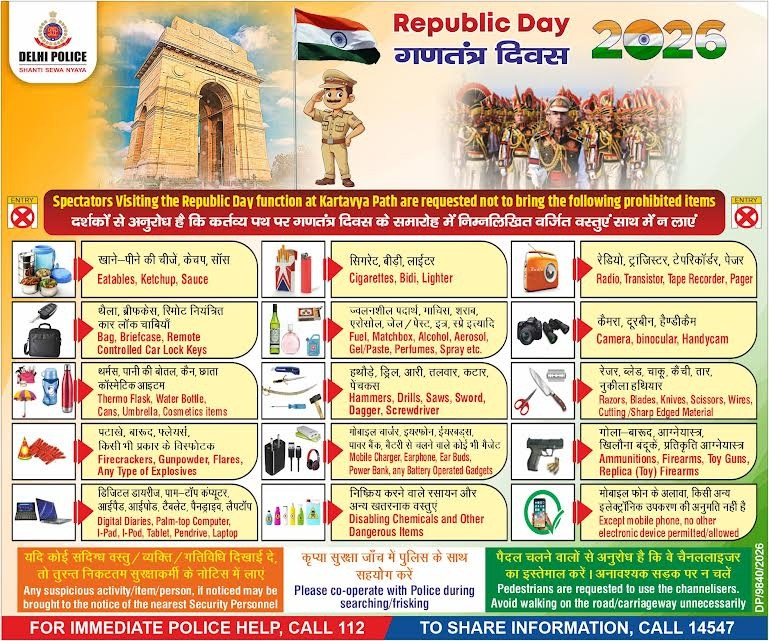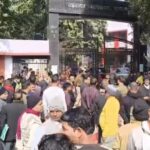
Colombia : In Colombia, at least 80 people have died, and over 18,000 have fled their homes due to violent clashes between rival armed groups near the Venezuelan border. The ongoing violence in the northeastern Catatumbo region is considered some of the worst the country has witnessed in recent years.
The primary groups involved in the conflict are the National Liberation Army (ELN), a guerrilla force that has been fighting the Colombian government for decades, and former members of the Revolutionary Armed Forces of Colombia (FARC). FARC officially disbanded in 2017 after signing a peace agreement with the government, but several factions of former members have continued to fight. The ELN launched a major assault on Thursday targeting one of these factions, which comprises former FARC members who refused to disarm. In addition to this, the ELN has also been involved in violent clashes with the Gulf Clan, the largest and most powerful drug cartel in Colombia, leading to at least nine deaths in a separate region in northern Colombia.
The violence has forced President Gustavo Petro to take drastic measures. On Friday, he announced the suspension of peace negotiations with the ELN, which had been part of his “total peace” initiative to end Colombia’s prolonged armed conflict. Petro’s decision came after the recent escalation, which has undermined efforts for peace.
Over the weekend, frightened residents of the region fled the violence, many traveling on overloaded motorcycles, boats, or trucks to escape the clashes. The humanitarian crisis has been exacerbated by the rapid displacement, as many people are forced to leave their homes with little more than their belongings.
Colombia has been battling armed conflict for over 60 years, largely driven by the illegal drug trade and mining. These decades of violence have resulted in over 450,000 deaths and millions of displaced people. The ongoing conflict continues to challenge the country’s efforts for peace and stability, as criminal organizations, guerrilla groups, and drug cartels maintain a strong hold on various regions, particularly in rural and border areas.



















No Comments: